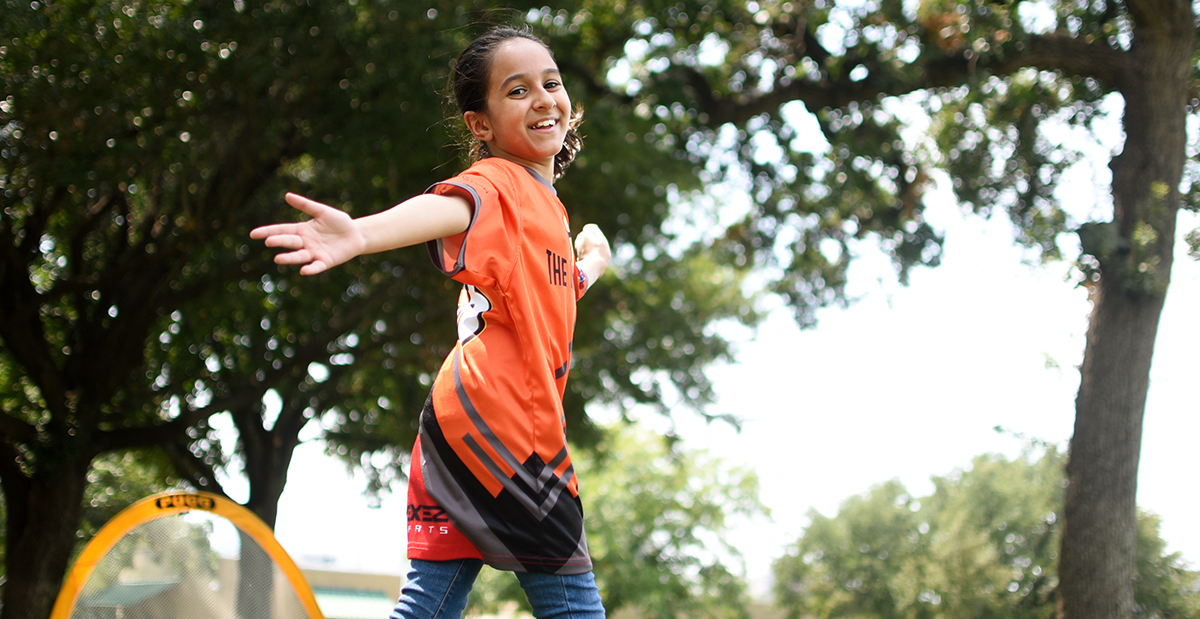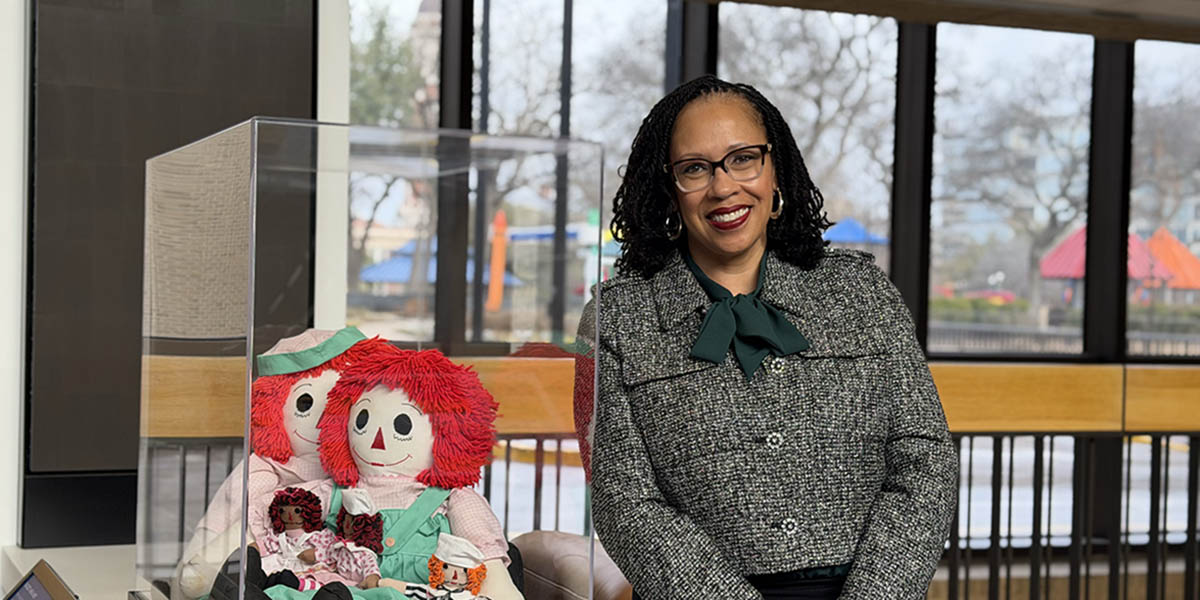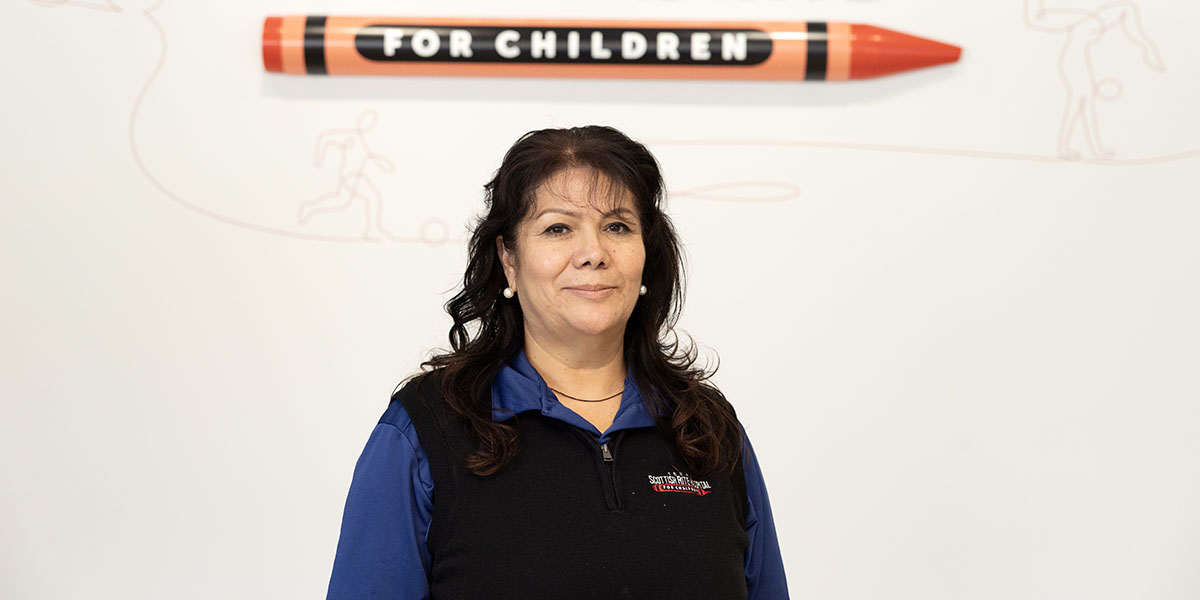Transitioning suddenly from an over-scheduled routine to an under-scheduled, and hopefully temporary lifestyle, may not be such a bad thing for kids. We know they are happy while at school and active in their sports, but a little pause might be good too.
Our team has a few suggestions for making the most out of this time and helping your family cope and come out on the other side ready to go.
Physical Activity and Good Nutrition
It might seem obvious to some, but the consequences of dropping hours of physical activity may sneak up on kids. Missing daily playground, sports practices and games and even birthday parties at venues or parks, dramatically reduces energy expenditure. Taking action to keep physical activity up and nutrition balanced to meet those demands and not exceed them requires a little planning.
Look for ways to be physically active for 60 minutes each day.
- Search online for ideas and resources like videos for kids’ yoga and active games.
- Make play time a family event.
- Get outside and take a walk.
Young athletes will benefit from a rest from intense training in their primary sports.
- Consider “cross-training” activities that are unlike the primary sport.
- Keep working on individual skills for sports.
- Help your kids replicate activities from the practice that are independent or in very small groups.
- Check out our warm-up programs for golfers and basketball players.
Each day, more websites and organizations are making their creative ideas accessible to the public.
Matters of Their Minds
Pediatric psychology postdoctoral fellow, Emily Stapleton, Psy.D., advises families to talk about COVID-19 in a calm, non-reactionary way and limit exposure to the news. Parents should select resources like the American Academy of Pediatrics (AAP) blog for advice on helping children through this challenging time. A recent article specifically addresses keeping a consistent daily routine in spite of school closures and how to talk to your children in an age-appropriate and honest way about the situation.
Be a Good Role Model
Whether it’s good hand hygiene or creative exercise, consider the impact watching you has on your child’s health. Stay calm and connected and help your children do the same.
Other Related Resources














